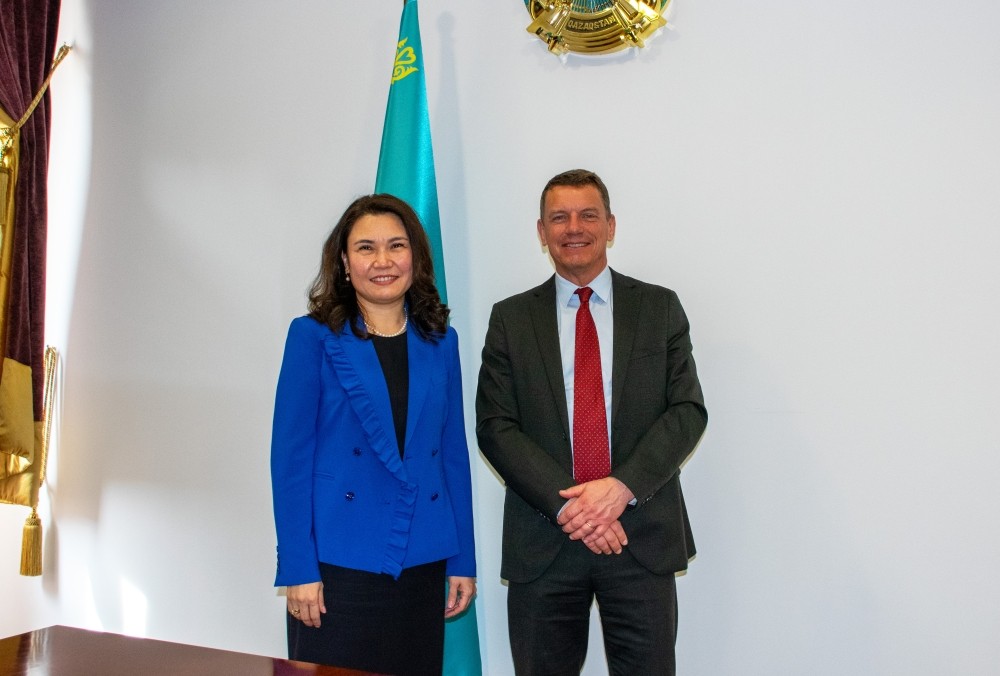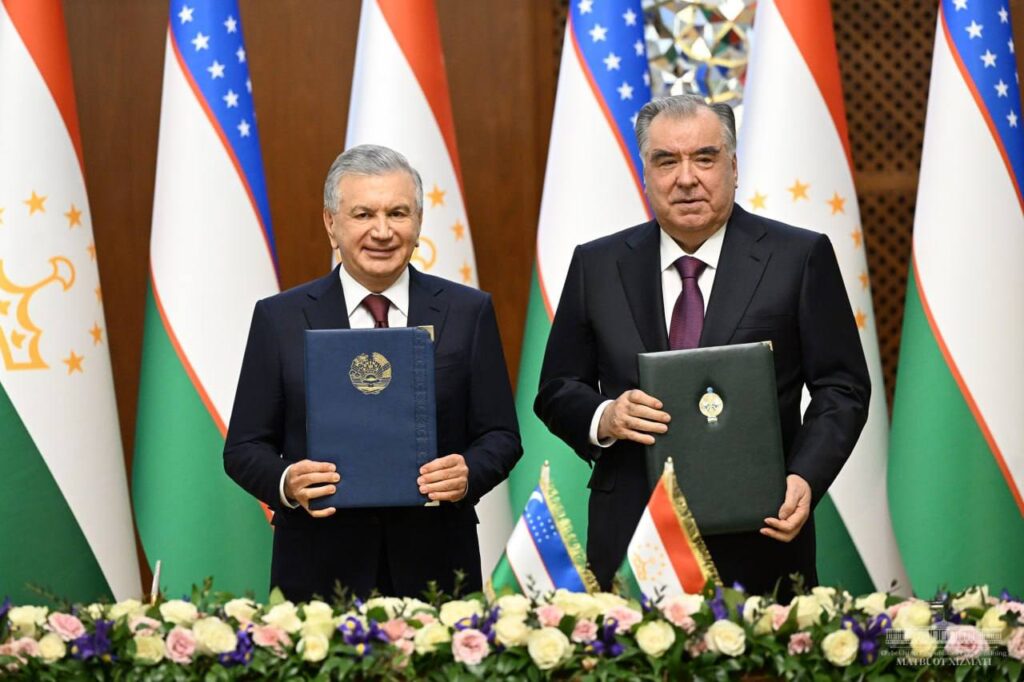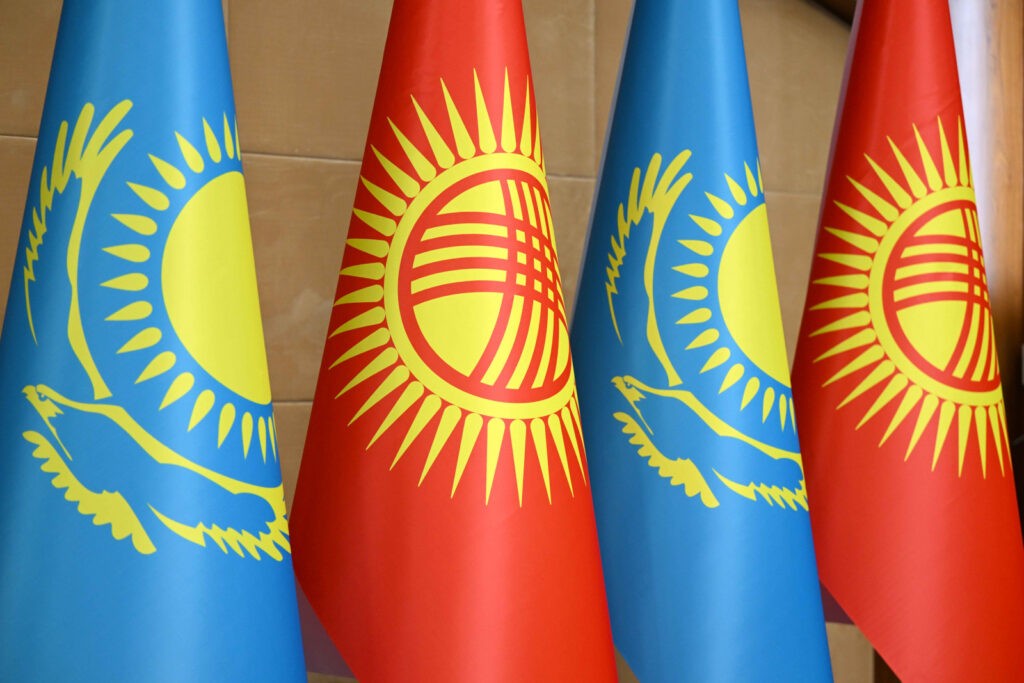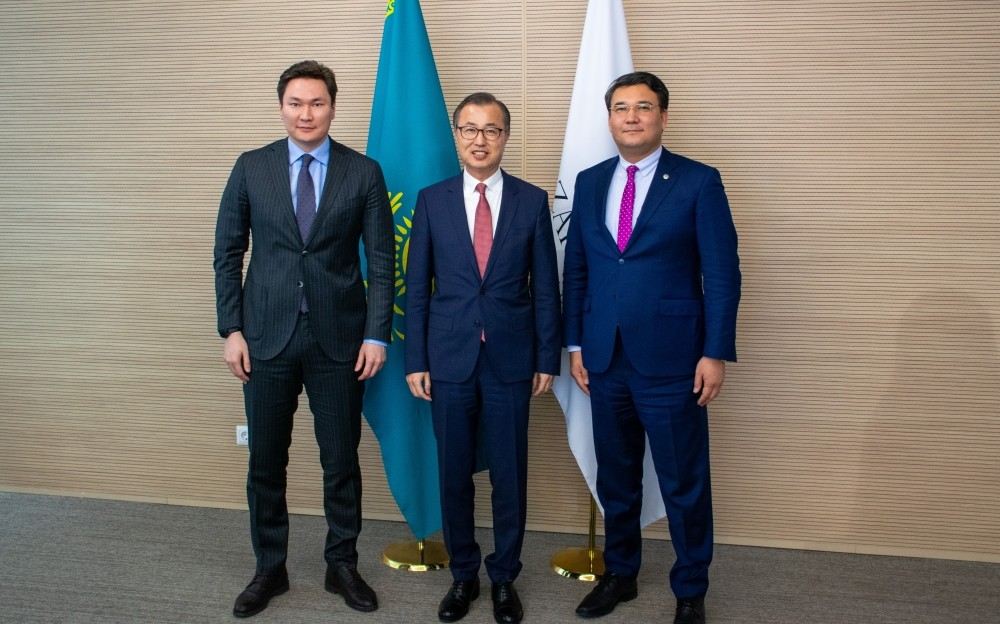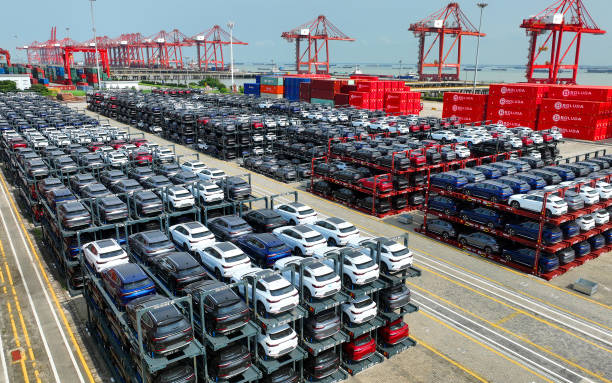Carlsberg Expands Production in Kazakhstan
Kazakh Invest has announced that Danish company Carlsberg is to open a new factory in Almaty to produce non-alcoholic beverages worth $50 million. In preparation of its launch, Deputy Minister of Foreign Affairs of Kazakhstan, Nazira Nurbayeva, Chairman of Kazakh Invest, Yerzhan Yelekeyev, and First Vice President for Central and Eastern Europe of the Carlsberg Group, Lars Lehmann met on 18 April. During the meeting, Lars Lehmann thanked the Ministry of Foreign Affairs of Kazakhstan for its support at all stages of the project and pledged the company’s commitment to furthering cooperation with Kazakhstan. Outlining the benefits afforded by the initiative, he reported that the new production facility in Almaty will help ensure 100% localization of brewing and non-alcoholic products for the Kazakh market and in addition, create opportunities for export to Uzbekistan, Kyrgyzstan, Tajikistan, and Armenia. Regarding the company’s existing business in Kazakhstan, Lehmann stated, "Over the past years, Carlsberg Kazakhstan LLP has been consistently included in Kazakhstan's Top 50 largest taxpayers. Our regional hub is also located here. Over the past two years, the share of local raw materials used in our products has increased from 30% to 65% and in the future, should rise to 80%." Carlsberg Kazakhstan currently provides jobs for some 500 employees in Almaty and over 2,000, in distribution companies across Kazakhstan.


